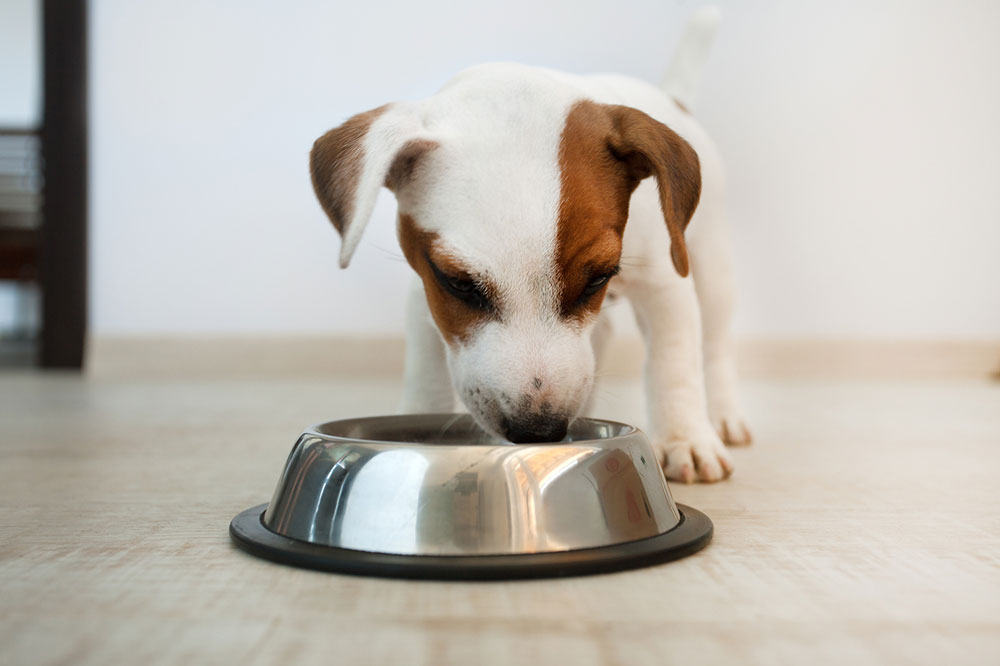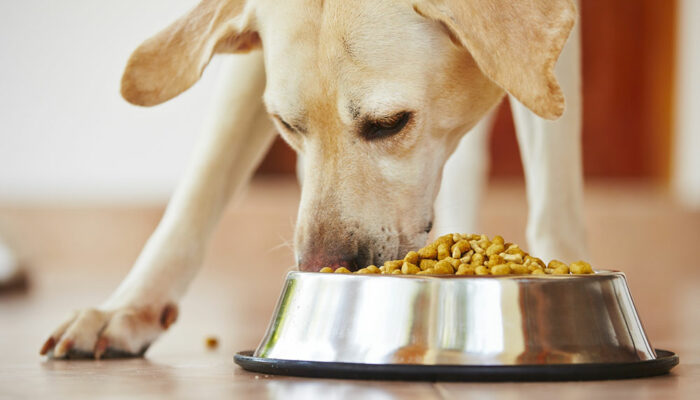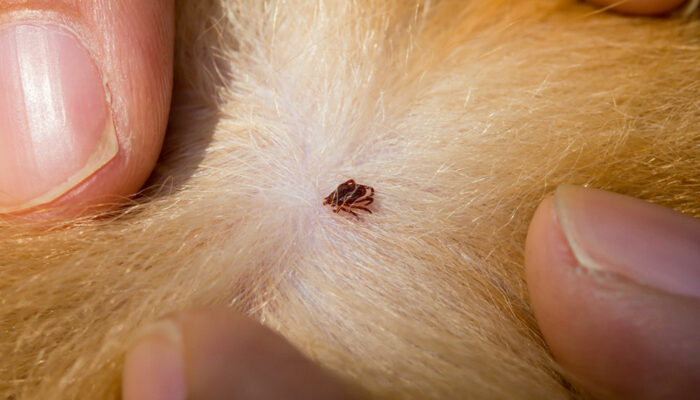
3 Tips to Combat Food Allergies in Dogs
Pet owners have to deal with food allergies or food sensitivities that their dogs occasionally develop. It is quite common for dogs to have typical hypersensitivities. Genetics and the environment play a role in your dog developing food allergies.
The toughest part of this process is to figure out what is causing an allergic reaction in your dog’s body. But once the allergen is identified, it is easy to follow some important dietary tips to keep it at bay. Let’s take a look at three of them:
1. Choose novel protein sources
In case your dog is allergic to a few common protein sources, such as chicken, lamb, or fish, then you can shift to other protein sources. A novel diet plan contains a single source of protein. This is generally in the form of non-typical meats that include duck, pork, buffalo, or venison. You can cook and feed your dog starchy vegetables alongside novel protein foods.
2. Pick foods with hydrolyzed protein
This diet plan includes proteins that have been broken down into small compounds of amino acids. Allergic reactions, such as itching or rashes, can be avoided in your canine’s body as these proteins are relatively small. Most hypoallergenic dog foods are made up of hydrolyzed protein.
Eggs are a good source of hydrolyzed protein. However, animal-based proteins are better, as they are the best source of important amino acids. Feed your dog smaller meals to make its digestion process easier.
3. Choose a therapeutic diet plan
This diet plan is formulated keeping in mind the specific condition of each pet. It typically includes foods with higher levels of omega-3 fatty acids. This helps decrease the severity of symptoms of food allergies in dogs. Besides, the plan also includes a healthy amount of carbohydrates. Although these do not make for all the essential nutrients that your dog requires, they are best for your pet’s intestinal health. Carbohydrates help reduce the gravity of symptoms like rashes, and provide your canine with energy. A therapeutic diet can also be a good source of antioxidants, fiber, and trace minerals.
In case your dog is allergic to grains like wheat and corn, then you can substitute them with brown rice, barley flour, rice flour, or potato flour. Do not forget to include ingredients, such as flax seeds, fish oil, and probiotics, in your dog’s diet.
All dogs have a probability of developing food allergies. Ensure that your canine’s diet is well-balanced and nutritional. Following these dietary tips may help alleviate allergic symptoms, such as rashes, itching, inflammation, and digestive issues.



